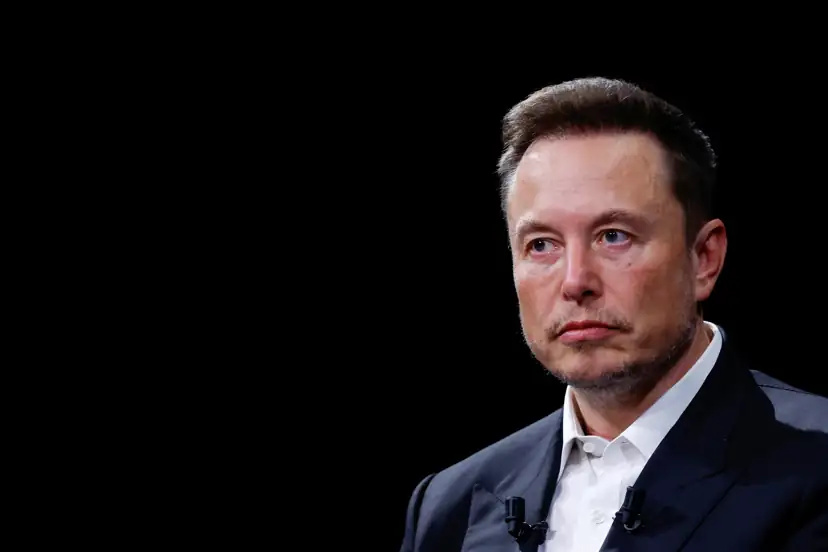The European Commission announced on Monday the opening of a formal investigation against X, noting that the American company potentially violated several provisions of a law on digital services designed to curb disinformation and hate propaganda online.
The firm, which has been generating controversy since its acquisition by businessman Elon Musk in 2022, could pay a heavy price in the event of conviction.
The law, which has not yet been used against any of the Silicon Valley giants, provides for a fine of up to 6% of annual turnover. Expulsion from the European market is also possible for the most serious offenses.
A European Commission spokesperson, Johannes Bahrke, said authorities now intended to look into X’s IT systems and information management policies before reaching a final conclusion.
Mr. Bahrke clarified that the initiative aimed to determine in particular whether X “disseminated illegal content in the context of the Hamas terrorist attacks against Israel” which occurred on October 7.
The authorities also intend to assess whether the means used to counter disinformation, including adding user ratings to controversial publications, are effective and have an impact on civic discourse and electoral processes.
The potentially misleading effect of “blue hooks”, which are now awarded to users in exchange for a monthly payment rather than following a verification of their identity, will also be scrutinized.
The company said Monday that it intends to collaborate in the investigation and remains committed to “creating a safe and inclusive environment for all [its] users while protecting freedom of expression.”
Professor Pierre Trudel, a specialist in cyberspace law attached to the University of Montreal, welcomed the European Commission’s initiative on Monday “as a step in the right direction” to bring X and other major social networks to better control the content posted online through them.
“Companies in the sector are generally reluctant to do content moderation because it is expensive and complicated, but the European Union has sufficient weight to impress X,” notes the researcher, who does not Not surprised to see the company targeted first.
Under the leadership of Elon Musk, more than half of the staff in place at the time of the company’s acquisition were fired, thereby slashing the content moderation teams.
Content moderation, he says, is a delicate exercise that becomes even more difficult when armed conflicts like the one between Hamas and Israel take center stage.
“It takes more than hiring people who are asked to differentiate between black and white,” notes the professor.
Elon Musk has sparked numerous controversies through his own online interventions, which reflect a libertarian ideology in which freedom of expression is defended in a “hysterical” manner, judges Mr. Trudel.
The businessman, saying he wanted to conform to the “will of the people” after a quick online survey, notably allowed the return online of known conspirators like Alex Jones. The controversial tribune was ordered earlier this year to pay nearly US$1 billion in compensation to parents of children killed in the Sandy Hook shootings whom he portrayed as “actors” paid to undermine the right to bear arms in the United States.
“He was convicted by a court that reviewed the facts. Despite everything, there are still powerful people like Elon Musk who are ready to ignore it,” underlines Mr. Trudel.
European authorities could face significant pressure from the American government, which tends to advocate a more permissive approach to freedom of expression, but also from citizens crying out for censorship, adds the professor.
A number of X users increased online interventions on Monday to support Elon Musk in the face of supposed “takeover” attempts by European authorities.
Many companies have announced in recent months their desire to no longer advertise on the company’s website, noting the increase in hate messages. Elon Musk indicated at the end of November that firms seeking to “blackmail” him by withdrawing their money could “go fuck themselves”, while warning that the fall in X’s advertising revenue could ultimately lead to its bankruptcy.
